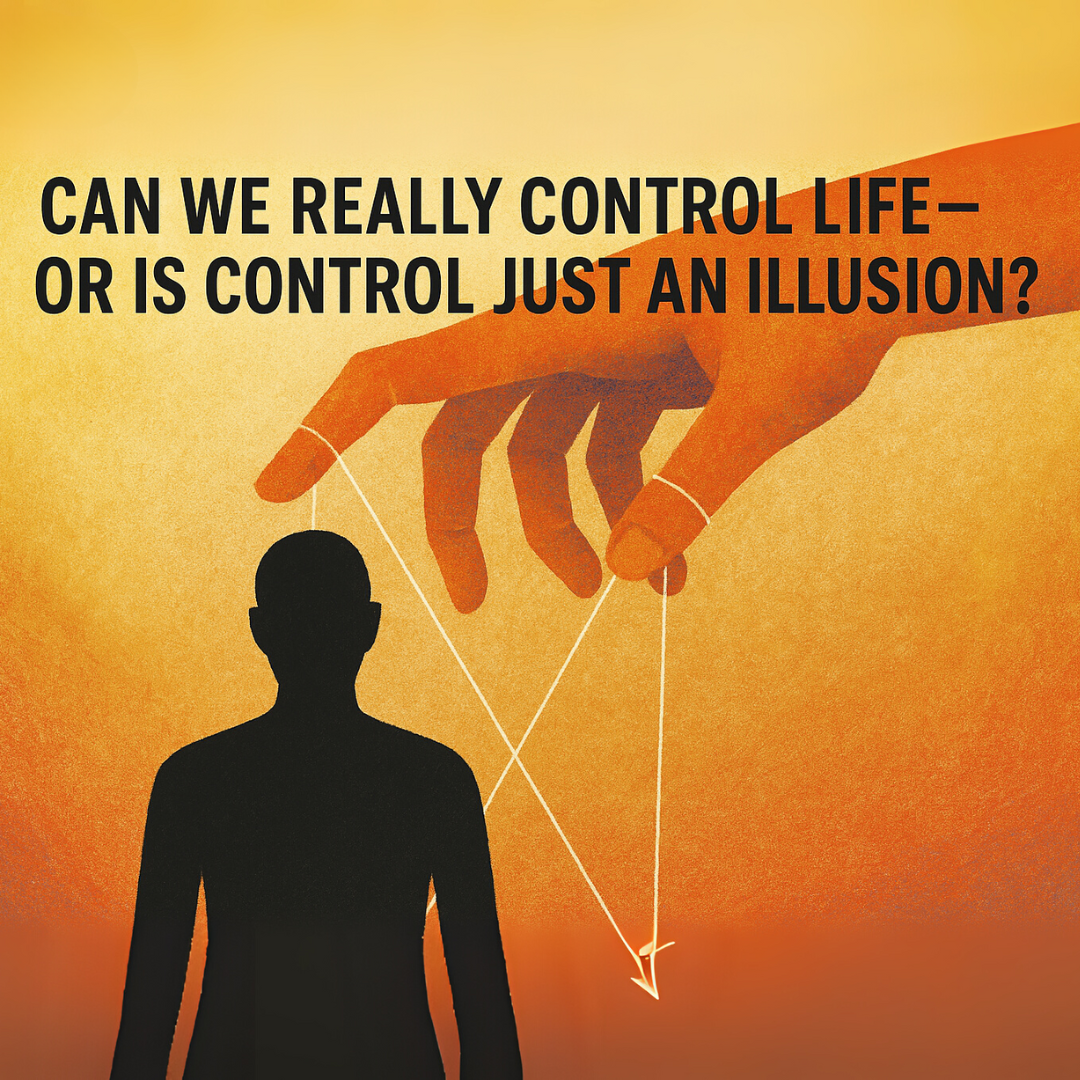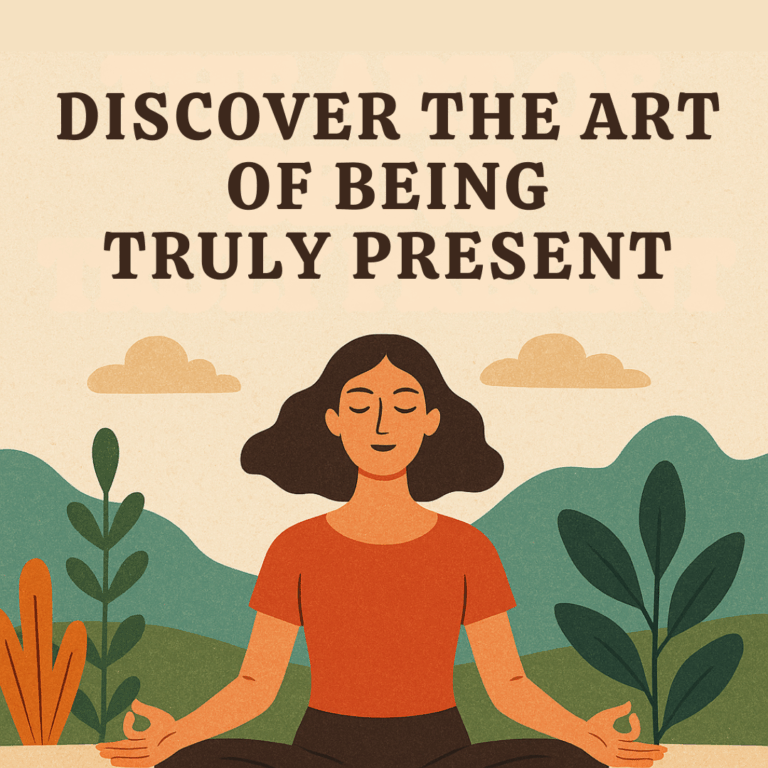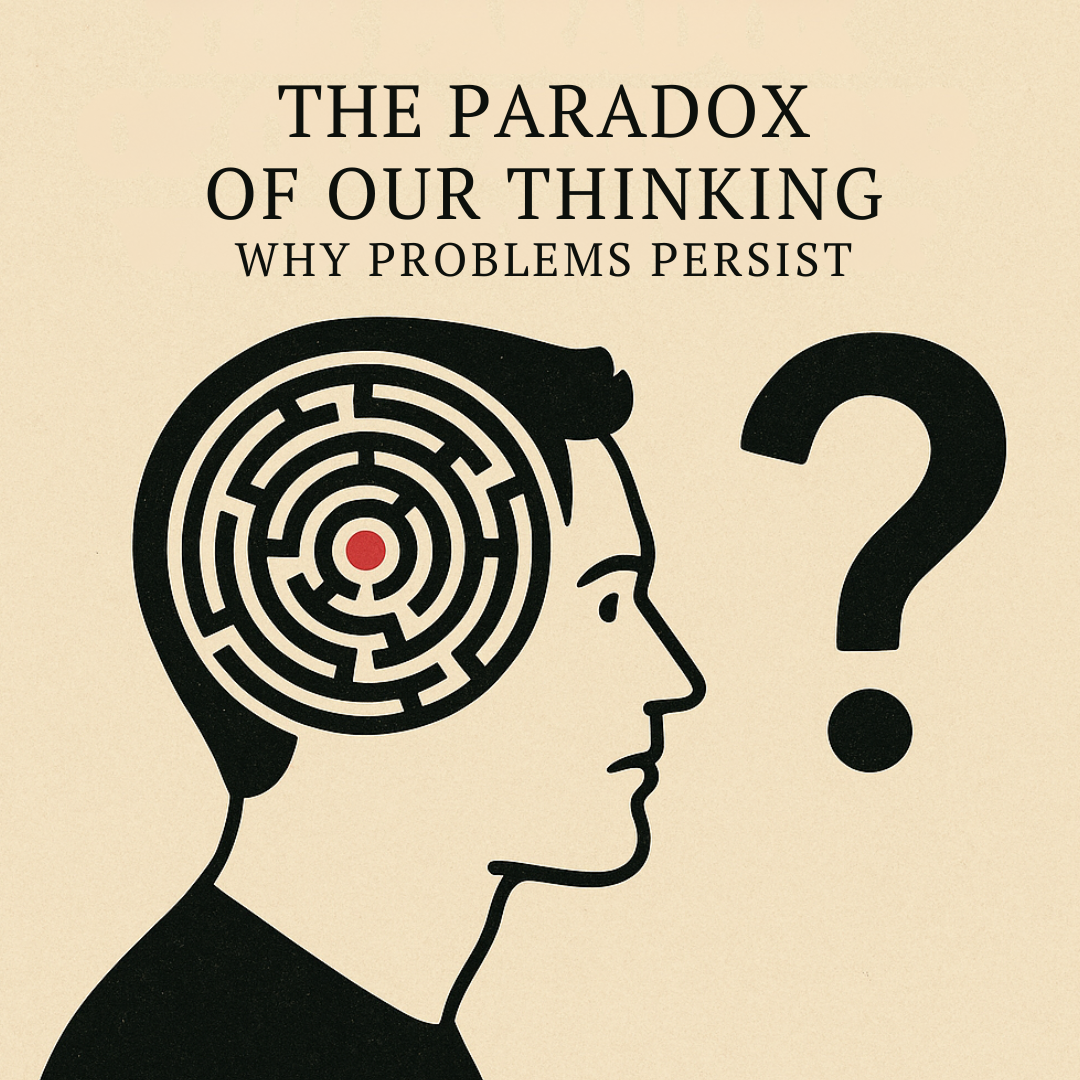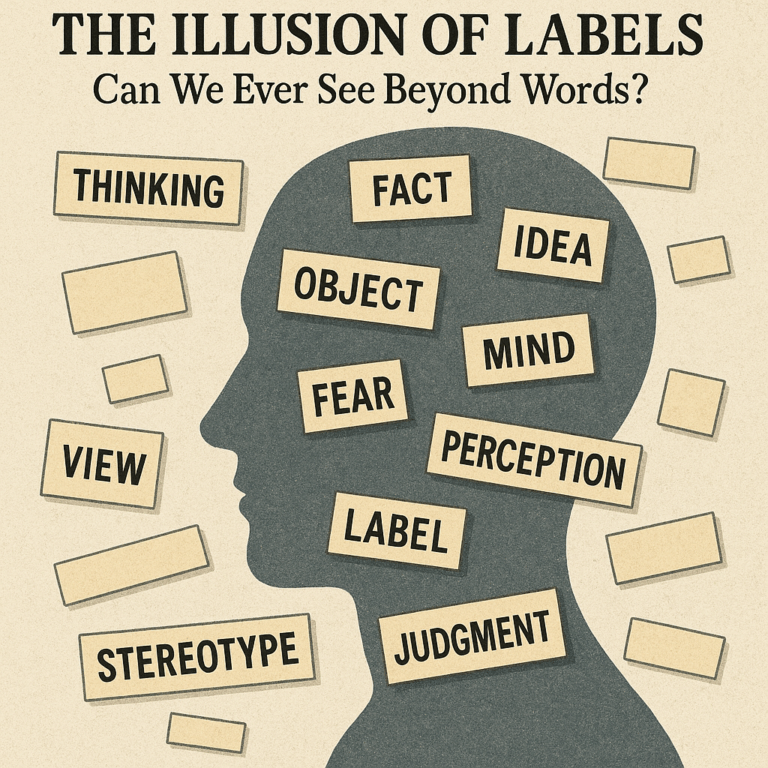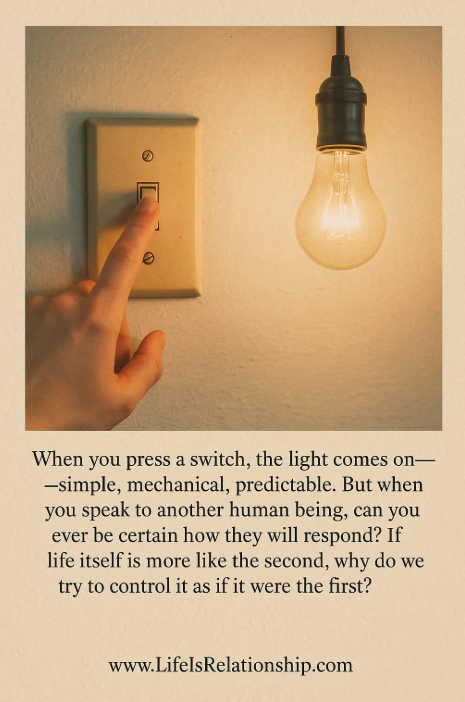
We often think we can control the future, plan every step, and predict the outcome.
But is that really possible? Take a moment to reflect on your own life. Think about the times you thought you had everything figured out, only to have life surprise you with a twist or turn.
We can control mechanical things, like showing up to work on time or following a routine.
But when it comes to the complexities of life, the uncertainties of the human experience, can we truly control the outcome? The future is unknown, and yet we try to grasp it with the eyes of the past. We think we can predict and control it, but that’s an illusion.
Consider this: can you control the thoughts that arise in your mind tomorrow?
Can you predict with certainty how you’ll feel or react in a situation that hasn’t happened yet?
The answer is no. The future is a blank canvas, and trying to control it is like trying to paint a picture without knowing the colors that will emerge.
The problem is, we think we can master the future because we’ve mastered the mechanical aspects of life.
We’ve got our routines down pat, we know how to get to work, and we can plan our days.
But psychological control? That’s a different story altogether. How can we control something we don’t know, something we have not encountered before, something that is unknown?
How can we master a mind that’s constantly changing, growing, and evolving?
The truth is, we can’t.
And perhaps that’s okay. Maybe instead of trying to control the future, we can learn to approach life with a sense of curiosity and openness.
Maybe we can learn to observe the present moment, without trying to manipulate the outcome. It’s worth considering, don’t you think?

